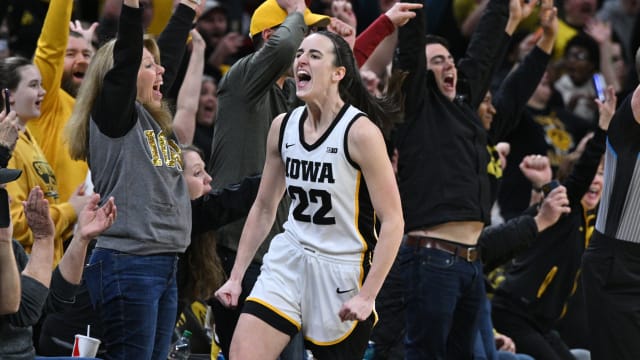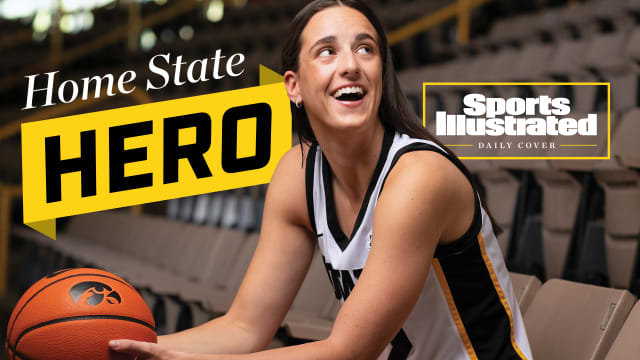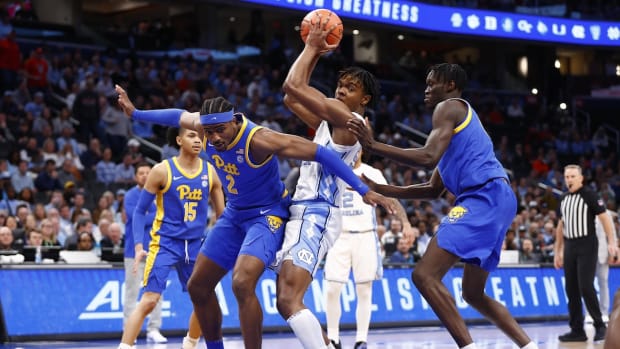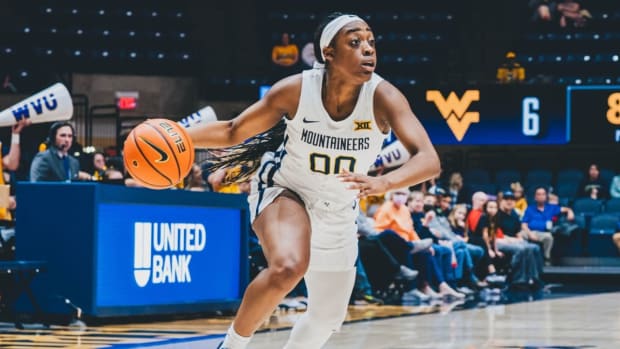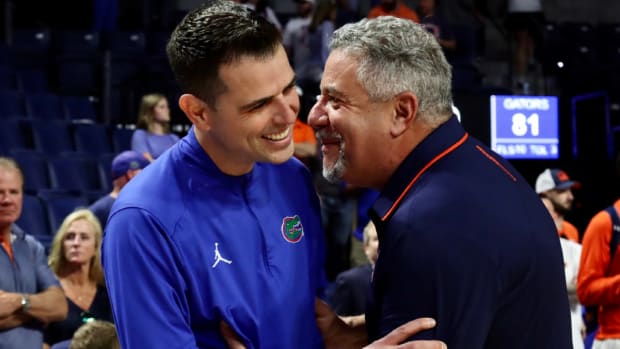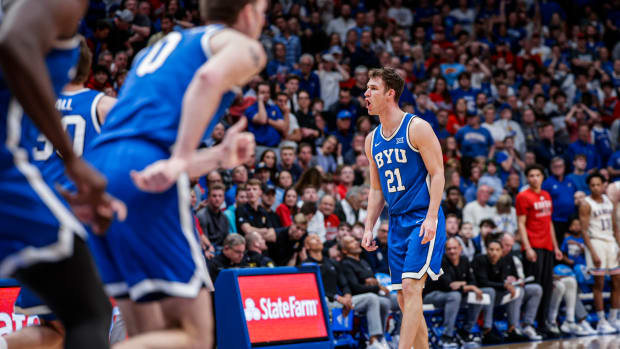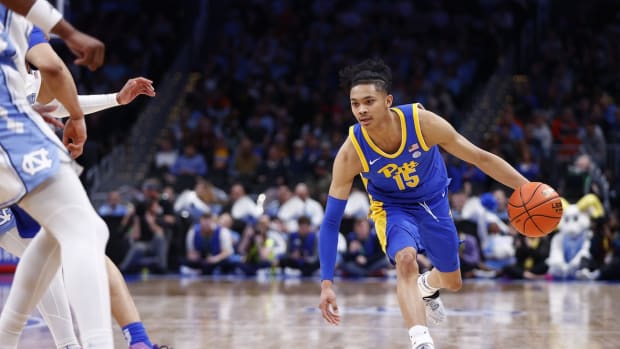Caitlin Clark Is Leaving Iowa for the WNBA on Her Own Terms
Speaking with Sports Illustrated in an empty Carver-Hawkeye Arena over the summer, Caitlin Clark weighed the decision that hung over her upcoming basketball season. The Iowa Hawkeyes star could make her senior year her last one in Iowa City. Or she could extend what had already been a historic, one-of-a-kind college run with a fifth and final season in 2024–25, part of the last class to have such a choice under the pandemic policy of the NCAA.
“Either I’m going to be coming back to something that I’ve really loved, or I could start my pro career, which was my dream ever since I was a little kid,” Clark said back in August, describing it as a “really, really hard decision.”
She maintained that stance publicly over the months that followed. But as the season wore on, at least from the outside, it became harder to imagine Clark staying for that extra year at Iowa. What more did she have to prove in college? As she put together another year of leading the nation in scoring, breaking records, selling out gyms, the answer seemed to be: not much. That concept was not exactly new for her. From the beginning of her freshman season, Clark stood out from the competition, scoring more than any other player in the country even then. But she commanded a different kind of attention now, a star with a singular, intense gravitational pull. The result felt obvious. It was time for the Caitlin Clark Show to play new venues.
On Thursday, she made that official. Clark announced that she will forgo her fifth year of eligibility and instead turn pro with the WNBA draft in April.
“While this season is far from over and we have a lot more goals to achieve, it will be my last one at Iowa,” Clark wrote in a statement posted to social media. “I am excited to be entering the 2024 WNBA Draft.”
She is the presumptive No. 1 pick in the draft in a way that makes the word “presumptive” feel gratuitous. The pick is held by the Indiana Fever, meaning that Clark will stay in the Midwest, which she has called home all her life and where the heart of her enthusiastic fan base lies. The jump from college to the pros is considerable, of course, and even for a player as generationally talented as Clark, there are no guarantees. But the opportunity here is tremendous. She’ll join a roster that includes last year’s No. 1 pick, Aliyah Boston, and the two of them should be an ideal pairing. With Clark in the backcourt feeding Boston in the post, they could make for an elite offensive duo, and it doesn’t feel unreasonable to expect Indiana’s first playoff appearance since 2016. And on-court success is but one of the benefits the franchise should expect from drafting a player like Clark, who’s demonstrated a remarkable ability to generate hype, spark conversation and draw in audiences.
But all of that lies after the remaining college play in front of her. Clark’s announcement comes ahead of No. 6 Iowa’s senior day on Sunday, which is its last regular season game, a matchup against No. 2 Ohio State. (It’s also a chance to avenge the Hawkeyes’ overtime loss to the Buckeyes from January.) That will be followed by the Big Ten tournament and then by March Madness, where she will be chasing the one achievement she has not been able to capture at Iowa: a national championship. In declaring her plans now, Clark has turned off a torrent of speculation that would have otherwise followed her every step of the way over the next month.
She has also provided some clarity about how to frame the weeks to come.
These will be Clark’s last games in an Iowa uniform. She has done what she set out to do: As a recruit, her stated goal was taking Iowa to the Final Four, and she helped make that happen last year. But she has also done something that would have been much harder for anyone to imagine when she was an incoming freshman. Clark has felt, somehow, perfectly suited for her particular moment, coming along at just the right point in the arc of the women’s game and the three-point revolution and the name, image and likeness movement to become her own specific brand of national superstar. Even in Clark’s earliest days at Iowa, watching her could trigger a sense that she was playing on the edge of something like history, and she was just waiting for the rest of the world to catch up. Now, as she announces the end of this stage of her career, it seems evident. The rest of the world has finally caught up. How could it not? She didn’t leave any other choice.

